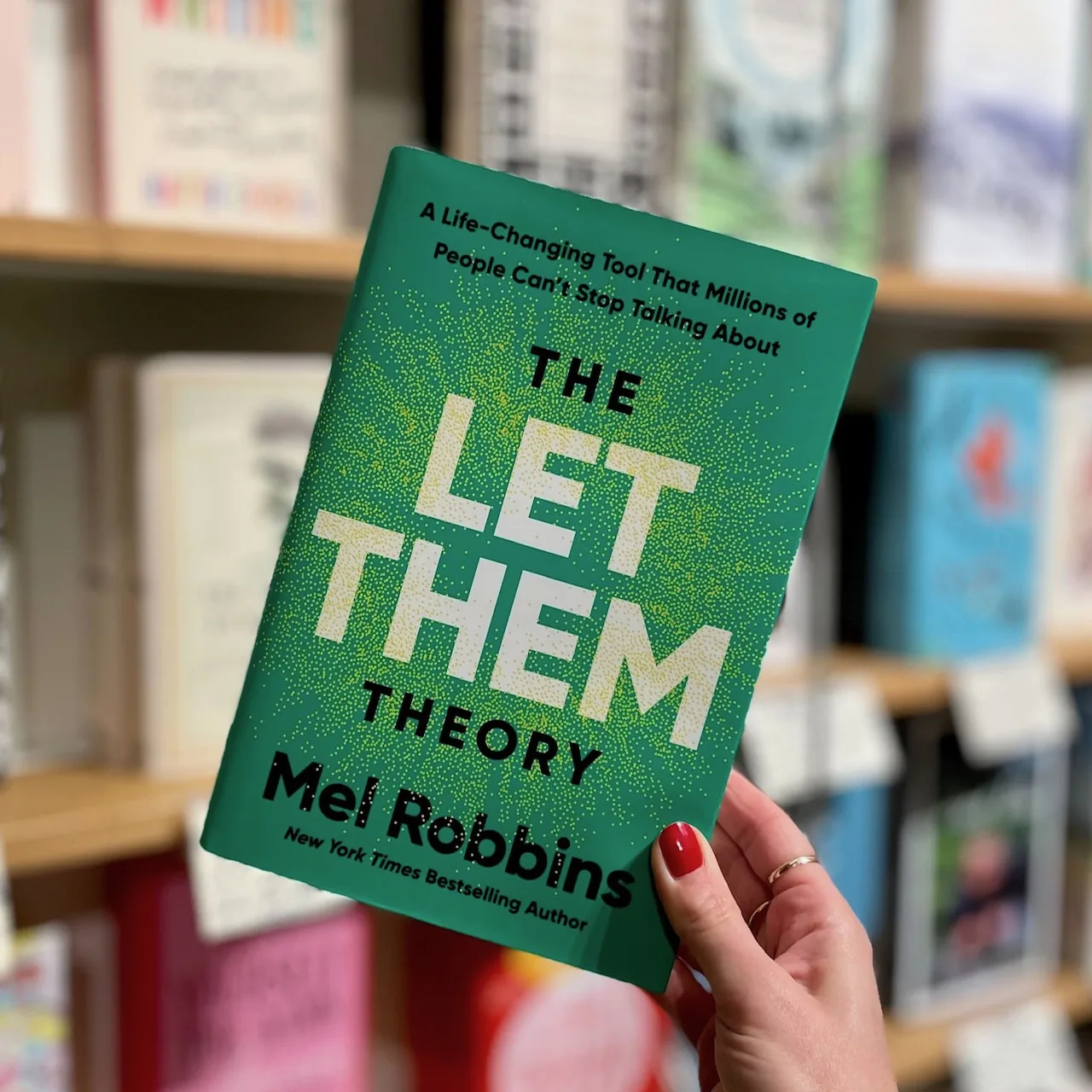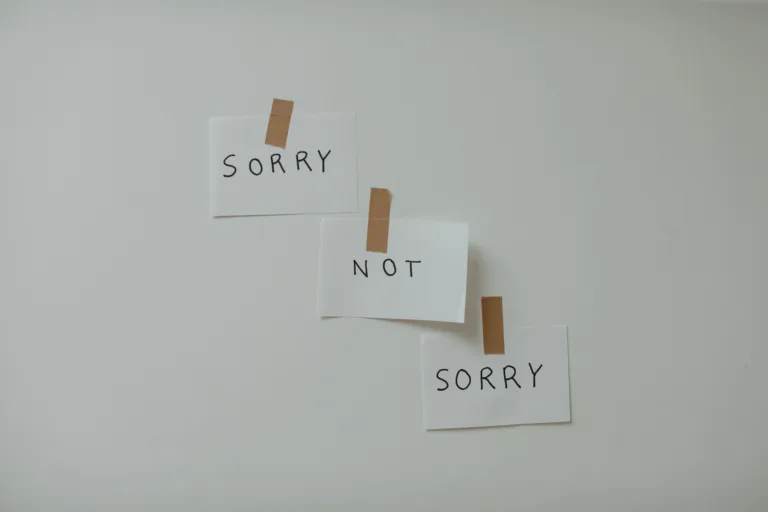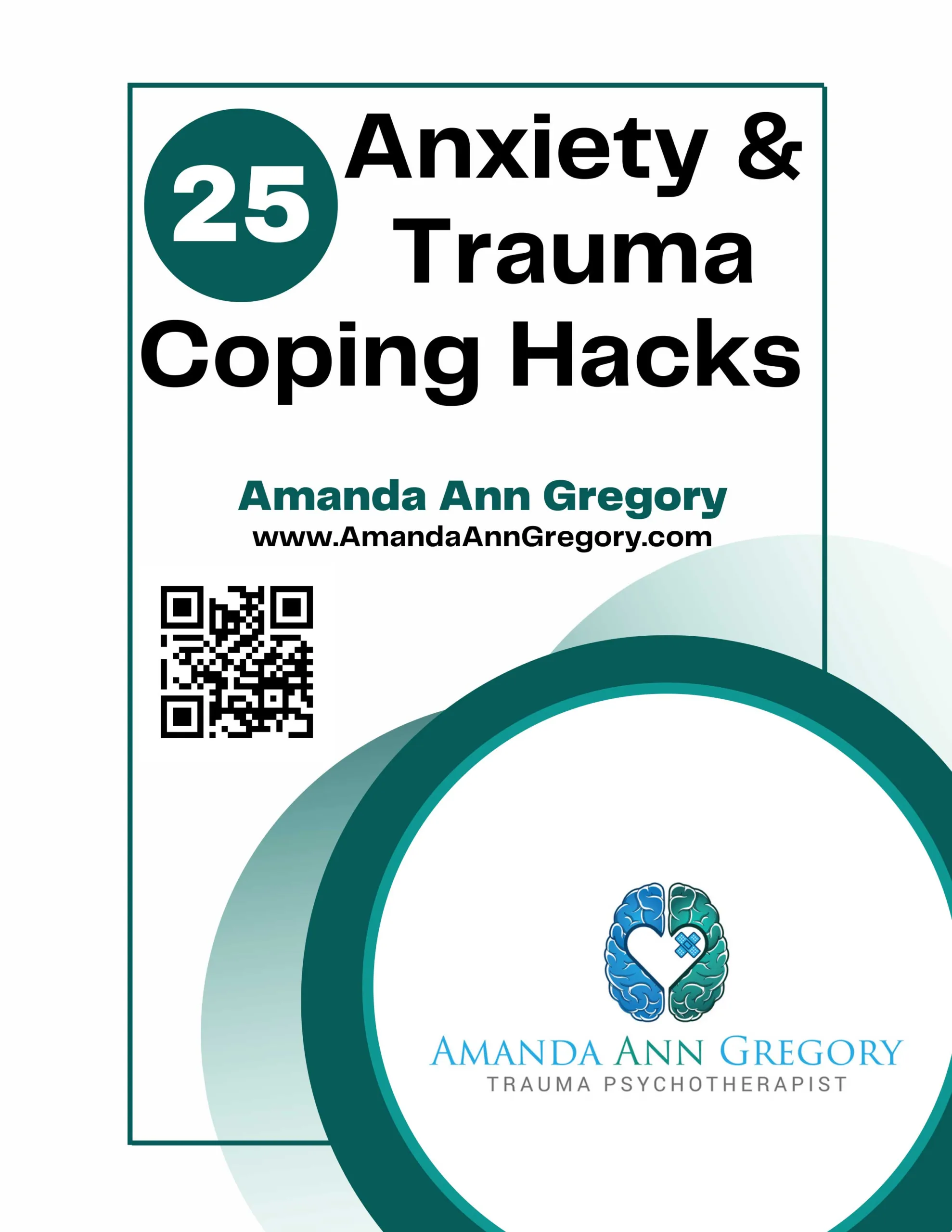The “Let Them” theory by Mel Robbins is the newest craze in self-help. It encourages you to let others experience their thoughts, emotions, and actions without trying to change or control them. This theory can help you break free from patterns of people-pleasing, rescuing, or controlling others, which can cause anxiety, guilt, and stress.1
As the author of the book You Don’t Need to Forgive, I’ve been asked, “Does ‘Let Them’ mean that I must forgive them?” The answer is no. Although these two have similarities, they are distinctly separate experiences.
Acceptance Isn’t Forgiveness
The “Let Them” theory is all about acceptance. It emphasizes accepting people’s actions, emotions, and behaviors without trying to change or control them. Acceptance involves acknowledging the reality of a situation, state, or process without trying to revise or resist it. However, acceptance is not agreement. You can accept the death of a loved one and not agree that they needed to die or should have died.2
While acceptance and forgiveness are related, they are two distinct experiences. Forgiveness is an emotional process that reduces your negative emotions, thoughts, and behaviors toward your offender and increases your positive thoughts, feelings, and behaviors toward them.3 Acceptance, on the other hand, is about recognizing and accepting things you cannot change, such as the thoughts, actions, and emotions of others. This means you may still not perceive, feel, or act differently towards someone, even though you have accepted them.
Accepting Without Forgiving
Forgiveness and acceptance are closely related. As forgiveness researchers Robert D. Enright and Richard P. Fitzgibbons explain, “Forgiveness is a form of acceptance, but not all forms of acceptance constitute forgiveness.” They further clarify, “If a client accepts what happened but does not accept the offender as a human being worthy of respect, he or she is not forgiving. Some people make peace with the past but not with the people of the past.”4 This means that if you forgive, you will also experience acceptance. Yet, simply experiencing acceptance does not automatically mean you have forgiven or will forgive in the future.
Accepting what happened without forgiving the person who wronged you is possible. The “Let Them” theory supports this idea by promoting the view that you don’t have to let others’ actions or emotions dictate your own. If someone wrongs you, you don’t need to feel angry or try to change their behavior. Instead, you can accept what they did without necessarily going through the emotional process of releasing negative feelings like anger, resentment, or hurt.
Reconciliation Is Not Required
Reconciliation, like acceptance, is often misunderstood as being the same as forgiveness. Many assume that reconciliation with your offender will automatically follow if you forgive. However, reconciliation occurs when two or more people restore a relationship after harm. This restoration can be loving, friendly, amicable, polite, or civil. You may come to forgive and reconcile with your offender, and you may also forgive without reconciliation.5 The two are not the same and don’t automatically occur together.
Like forgiveness, the “Let Them” theory does not require reconciliation. Instead, it encourages detachment and setting boundaries in relationships when necessary. You can “Let them” and still decide to distance yourself, establish firmer boundaries, or reduce your emotional vulnerability with that person.
You Can “Let Them” and Not Forgive Them
Robbins’ “Let Them” theory and forgiveness are both tools that can help you manage relationships and improve your mental well-being, but they are not the same. The “Let Them” theory focuses on accepting others as they are, without trying to change or control them. In contrast, forgiveness involves an active emotional process of decreasing negative feelings, thoughts, and actions, while fostering positive ones. You can choose to “Let Them” and forgive, or you can “Let Them” without forgiving them.
Purchase my book, You Don’t Need to Forgive
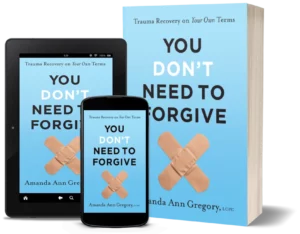
Sign up to get your Free eBook: 25 Anxiety & Trauma Coping Hacks
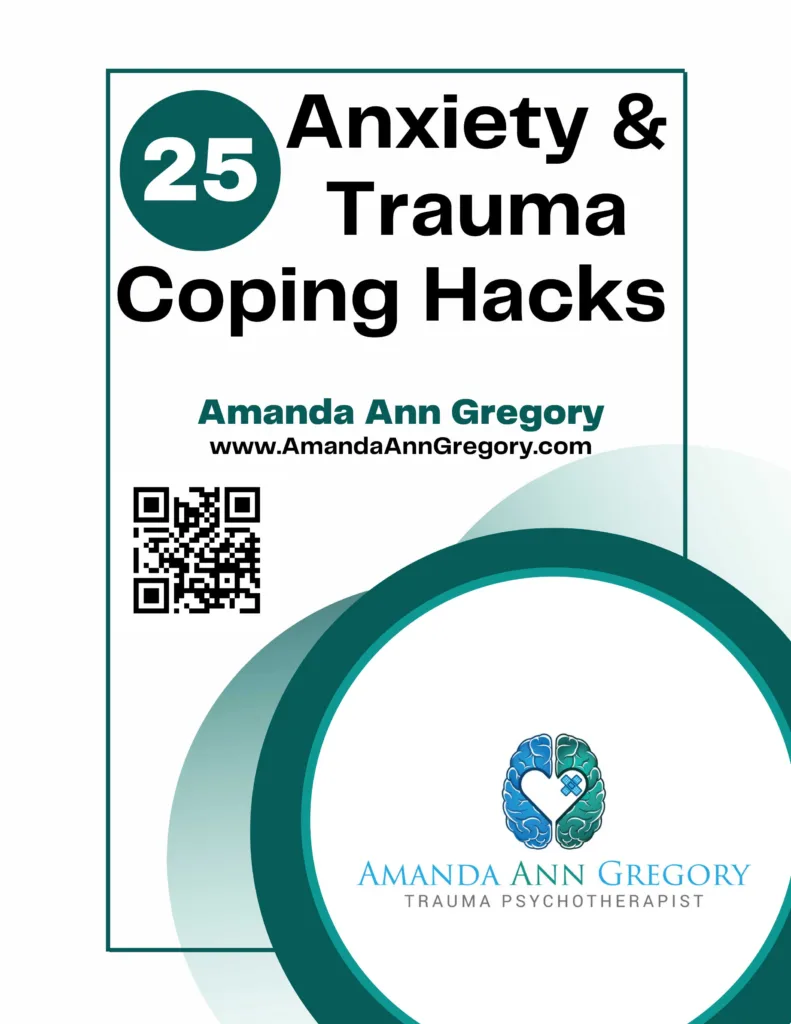
Hire me to speak at your event! Contact Me
References
1 Robbins, M. (2024). The Let Them Theory. Hay House.
2 Gregory, A. (2025). You Don’t Need to Forgive: Trauma Recovery on Your Own Terms. (Minneapolis, MN: Broadleaf Books), 24.
3 Gregory, A. (2025). You Don’t Need to Forgive: Trauma Recovery on Your Own Terms. (Minneapolis, MN: Broadleaf Books), 35.
